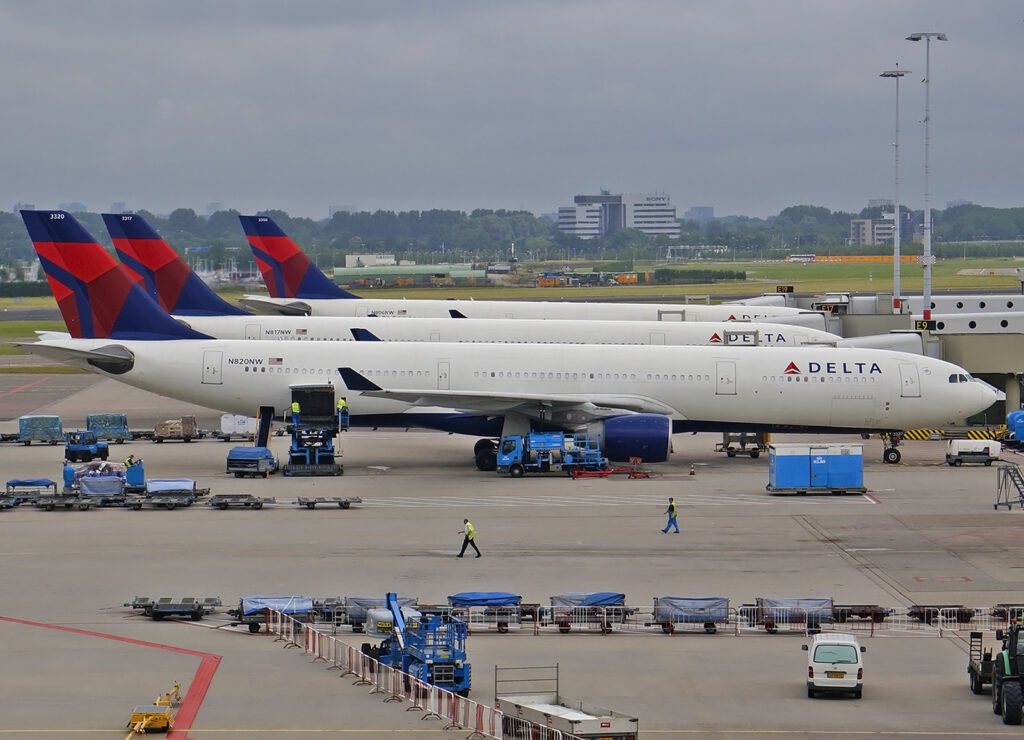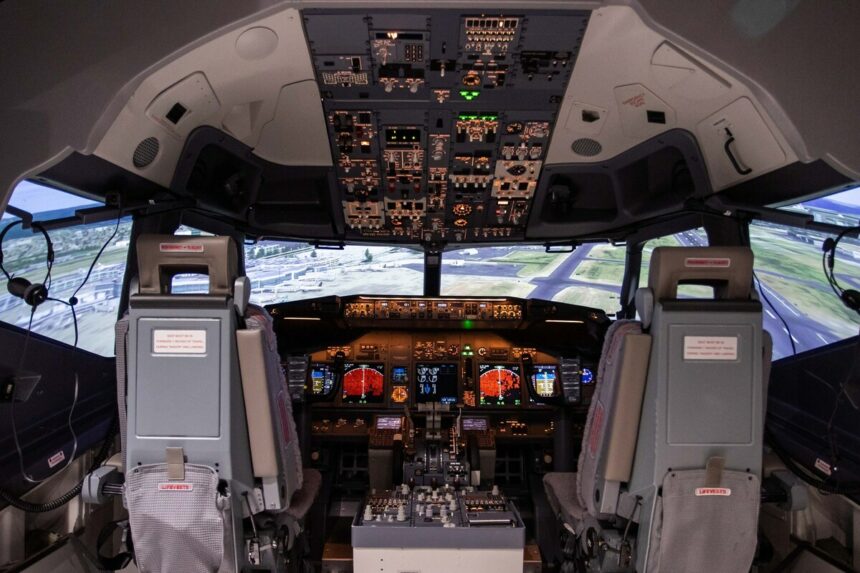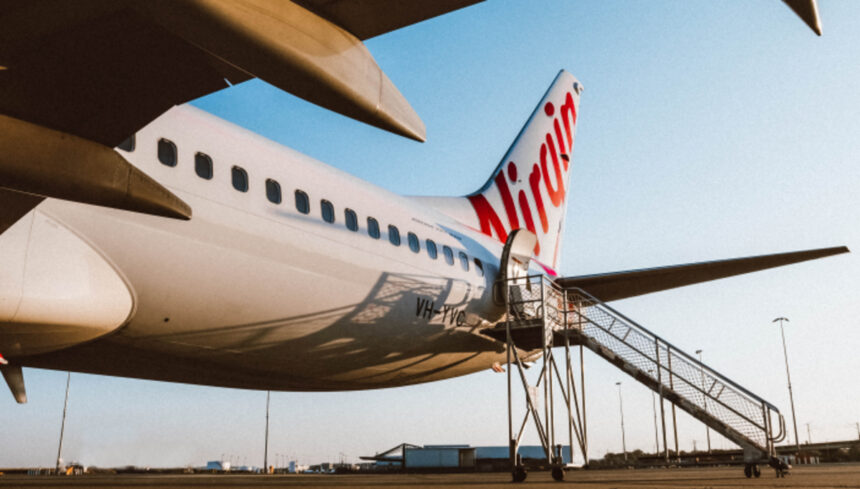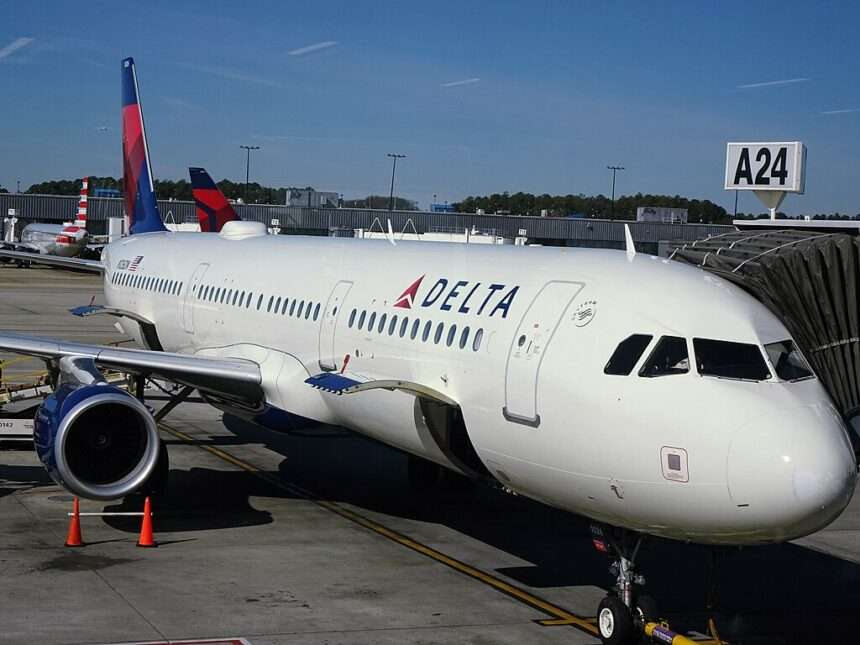Delta Air Lines has signed an agreement with Shell Aviation to purchase up to 10 million gallons of sustainable aviation fuels (SAF) for its Los Angeles International Airport hub.
The acquistation of this amount of SAF will come over the next 2 years, in a bid by Delta to significantly decarbonise one of its West Coast hubs.
With the airline purchasing this 10 million gallons of SAF, it increases Delta’s commitment to over 200 million gallons of SAF purchased.
This figure is reportedly over halfway to its goal of compromising 10% of fuel on all flights in exchange for SAF by 2030.
This also means that the airline is well on its way to achieving its follow up goal of compromising 35% of fuel on all flights in exchange of SAF by 2035.
As ever Delta is another major airline in the world that also intends on reaching net zero carbon emissions by 2050.
With this in mind, it is worth noting that Delta’s plans also work out perfectly alongside those of Shell Aviation’s who also aims to hit net zero by 2050.
Pioneering the use of SAF

Delta’s Chief Sustainability Officer, Pam Fletcher makes a good point in a statement made by the airline saying “There isn’t enough SAF available today to fuel the world’s commercial airlines for a single day”.
She followed this up with, “That’s why Delta continues creating demand signals like arrangement with Shell – to show this major decarbonisation lever is worth investing in and growing.”
“We can have a huge impact in just a few years if stakeholders and government work together to provide the same level of investment and incentives currently available for the fuel that runs our cars”.
Indeed, all that is said by Fletcher is true, with future methods of reaching and maintaining net zero within aviation still being far from ready for everyday use, such as hydrogen powered planes. SAF is the way forward to fill the gap and begin the decarbonisation process.
So with Delta making constant moves to increase the demand for SAF, it should portray them as a role model and an incentive – not only to stakeholders and government as Fletcher said, but to other airlines across the globe.
Delta’s LAX hub will be able to receive its blended SAF with ease, thanks to California’s long standing low carbon fuel standard.
This measure provides incentives for producers and suppliers to provide SAF to the state with confidence.
Following on from that, other states are reportedly looking into similar techniques, which means Delta will be able to look into massively decarbonising its other US hubs such as Seattle, New York and Atlanta, with the same framework and ease it does in California and Los Angeles.
Summary
Overall we see here that Delta is re-establishing its commitment towards the use of SAF as the worldwide aviation industry looks to follow in the airline’s footsteps to decarbonising the industry.
Jan Toschka, President of Shell Aviation pointed this out saying, “It’s brilliant to see Delta prioritise SAF, helping them to reduce lifecycle emissions while providing the demand that will help unlock further SAF production and scale supply.”
“This marks another important development for the future of sustainable aviation, as ambitious offtake agreements like this can hold the key to driving the airline industry’s transition towards a more sustainable future.”
With this new development signed for, it will be intriguing to see what the next step from Delta will be over the coming years as they strive closer towards their goals.









